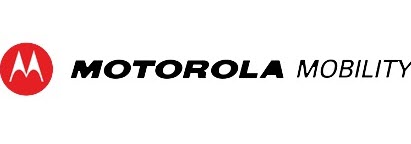Show me the money! Initial Interest Confusion Trademark Infringement based in the Northern District of Illinois – Holbrook MFG LLC v Rhyno Manufacturing Inc., 2020 WL 6343083 by James Michael Faier, M.P.P., M.B.A., J.D. (USPTO Regn. No. 56,731)
The Northern District reiterated on October 26, 2020, its commitment to Initial Interest Confusion as a basis of trademark infringement as well as trademark infringement by metatag. In Holbrook MFG LLC et al v. Rhyno Manufacturing Inc. et al, 2020 WL 6343083, the Court had a plaintiff seeking a preliminary injunction for trademark infringement. The defendant was a firm composed of workers previously from plaintiff’s firm. Defendants had a website where defendants mentioned in metatags but not on the site fastener products TORX and TORX PLUS which were registered trademarks. The marks were not owned by plaintiff but plaintiff was a licensed distributor of TORX and TORX PLUS. Defendant was not a licensed distributor for TORX or TORX PLUS. (A metatag is a piece of code that tells a search engine what is on a webpage.)
The Seventh Circuit has characterized the use of a trademark in a metatag that the defendant does not actually sell as a bait and switch. McCarthy, in McCarthy on Trademarks and Unfair Competition explains the problem of initial interest confusion as a kin to a person who lies on his or her resume to get a coveted interview slot. Yes, the candidate might eventually tell the truth or say the error was just a typo, but the reality is that applicant’s lie got him or her the benefit of that coveted interview slot that he or she would have otherwise not gotten. Westlaw summarizes the leading Seventh Circuit case in the area as: Syndicate Sales, Inc. v. Hampshire Paper Corp., 192 F.3d 633, 52 U.S.P.Q.2d 1035 (7th Cir. 1999), on remand to, 2000 WL 1428665 (S.D. Ind. 2000); Promatek Industries, Ltd. v. Equitrac Corp., 300 F.3d 808, 63 U.S.P.Q.2d 2018 (7th Cir. 2002), as amended, (Oct. 18, 2002) (“Initial interest confusion, which is actionable under the Lanham Act, occurs when a customer is lured to a product by the similarity of the mark, even if the customer realizes the true source of the goods before the sale is consummated.”)
If you have an initial interest confusion issue or a diversion of trade issue on the internet, please call me. I can help. 312-382-9400. Jim Faier.













